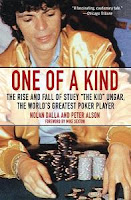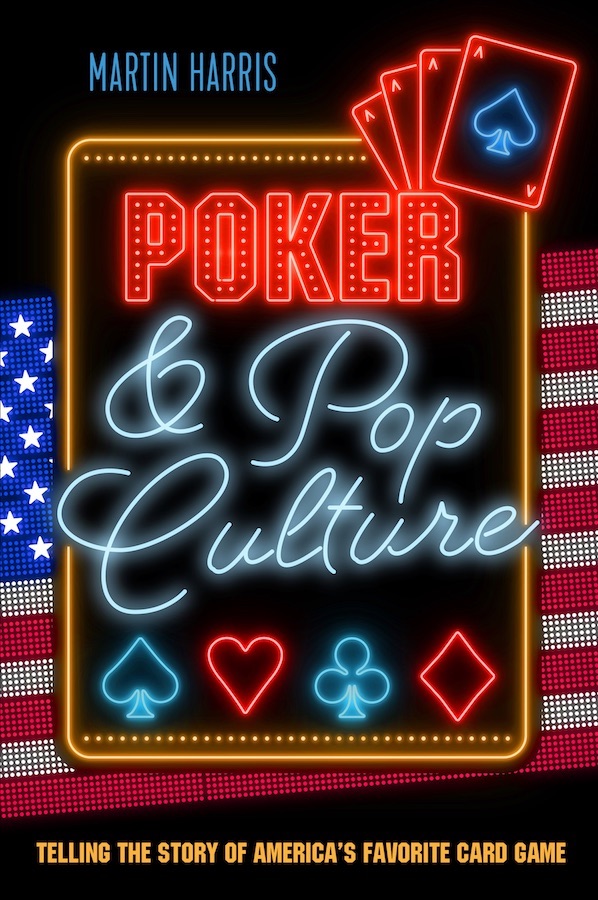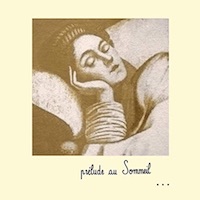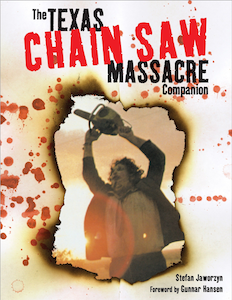Nolan Dalla and Peter Alson's One of a Kind: The Rise and Fall of Stuey "The Kid" Ungar
 Been away for a few days. Journeyed with Vera down to Charleston, SC for a quick trip to commemorate the fast approaching close of summer. Swell, but sweltering. Charleston is a terrific vacation spot, but dunno if I necessarily recommend August as the time to go, when yr likely lookin’ at triple digits in terms of both temperature and humidity. Water had to be above 80° as well.
Been away for a few days. Journeyed with Vera down to Charleston, SC for a quick trip to commemorate the fast approaching close of summer. Swell, but sweltering. Charleston is a terrific vacation spot, but dunno if I necessarily recommend August as the time to go, when yr likely lookin’ at triple digits in terms of both temperature and humidity. Water had to be above 80° as well.A fun, relaxing time, though, as we very consciously limited our contact with the sun and the media. (As we all know, prolonged exposure to either can be deadly.) Did not even try to get online for the entire trip. Took the cell phone, but left it turned off for the duration. Did have the boob tube, where we learned Wednesday that Barry Bonds had hit 756.
Broke out the chip set once and played a little heads-up limit Hold ’em, though not for keepsies. Also caught up on some reading. Finally finished Crime and Punishment. Fair warning: I do have a post I want to write in the not-too-distant future concerning how Raskolnikov’s destructive pursuit of a theory resembles how poker players sometimes deliberately limit their own options at the table. (Hey, I was reading Dostoevsky last summer, too. And wrote about it.) I also read Nolan Dalla and Peter Alson’s One of a Kind: The Rise and Fall of Stuey “The Kid” Ungar, the World’s Greatest Poker Player. Not exactly Dostoevsky, but pretty damn compelling nonetheless.
Yr probably at least somewhat aware of the circumstances surrounding the composition of One of a Kind. Started out as one of those “as told to”-type autobiographies, with Ungar telling his story to Dalla. As is explained in “A Note to the Reader,” Ungar’s death in November 1998 after only a few months’ worth of interviews meant Dalla faced what he calls an “ethical dilemma.” He finally decided to change the book from a memoir to a biography (recruiting Alson to help), but still include lengthy quotations from Ungar “so that readers could grasp his streetwise vocabulary, his incessant vulgarity, his rough humor, and his deep passion for taking risks.”
The technique is mostly effective, and in the end one does come away with a strong impression of Ungar’s undeniably absorbing personality. One does get the sense that we’re at a freak show here, with the authors intermittently trotting out the drug-addled whiz kid to try to explain himself from time to time. When I say the book isn’t Dostoevsky I am referring to the fact that the authors aren’t terribly “literary” in their approach to Ungar. There is a kind of half-hearted attempt at plotting in the decision to begin on the eve of the 1997 WSOP Main Event, then take us back to Ungar’s birth and childhood, then carry us forward through ’97 to Ungar’s death. The authors mostly stay out of the way, though, and instead just present the story chronologically through a series of anecdotes and interviews.
The fact is, Ungar’s life and death is so full of truly remarkable twists and turns it really doesn’t need an author further complicating matters with showy descriptions or pretentious explanations of possible symbolism. So I’m counting Dalla and Alson’s mostly “objective” approach to Ungar as a plus here -- a more “literary” book probably wouldn’t have worked as well, at least not as a first-out-of-the-gate biography. The authors are certainly sympathetic to their subject, but they consciously avoid making Ungar out to be something he is not, dutifully praising his skills as a player (and a few other genuine positives) while not glossing over his selfishness and self-destructiveness.
Sections detailing Ungar’s prowess at gin are among my favorite. Here’s an example of a player genuinely beating a game, a notion that fascinates anyone who plays games. A bit like watching Bonds back in 2001 and 2002, when pitchers simply could not throw anything close to the plate. In 2002, for example, Bonds hit 46 homers and only struck out 47 times. (He also hit .370 and had an on-base percentage of .582!) Juiced or otherwise, that is some serious concentration. And that, apparently, was Ungar when it came to gin. His opponents were mostly hopeless against him, thanks to Ungar’s uncanny ability to read their hands (exactly) within just a few discards.
Fascinating, also, are sections describing Ungar’s ultra-competitive nature. We read how in late 1974, when Ungar was barely 21, he took his first trip out to Vegas. Within hours of landing, he summarily crushes Danny Robison -- then the best gin player in Vegas -- and immediately discovers he can no longer get anyone to play him. “Stuey wasn’t a con man or a hustler,” explain Dalla and Alson. “He was an assassin. That was just who he was, and he couldn’t control it. The downside was that by annihilating Robison the way he did, instead of hustling him, the pint-size prodigy might as well have put a neon sign on his head warning others away.”
Thus does Ungar eventually turn to poker, and winning the WSOP Main Event in both 1980 and 1981 guaranteed his celebrity in that sphere. Given the mess he’d made of his life via cocaine addiction, his comeback to win it a third time in 1997 is quite improbable. Here, as elsewhere, the authors don’t go very far beyond the “facts” of the case, simply relating what happened in a fairly straightforward, journalistic manner. They narrate the final minutes of the ESPN telecast of the 1997 Main Event, which you can watch yourself by clicking below:
You see Gabe Kaplan interviewing Ungar there at the end. Kaplan plays a somewhat significant role in the story, as do other well-known figures like Billy Baxter, Puggy Pearson, Doyle Brunson, and Mike Sexton. I especially enjoyed some of Sexton’s contributions here. An interesting guy, Sexton, who despite all of his corporate ties and status as an “ambassador” of poker strikes me as someone with whom us average Joes can identify quite readily. At least that seems true in One of a Kind, where Sexton comes off as a “normal,” well-balanced individual who thanks to some serendipity ends up part of Ungar’s crazy world.
One of a Kind is definitely worth the read. As I say, it’s no Dostoevsky. (Nor Alvarez or Spanier.) But then again, what kind of weirdo wants to read Dostoevsky on the beach anyway?
Labels: *by the book













2 Comments:
Good review...I enjoyed the book as well. As much as you can enjoy a book where you're basically watching a brilliant human being systematically destroying himself. I think there may be something to him having highly functional autism.
Look for to the Crime and Punishment post. Sounds fascinating. Poker and Dostoevsky, what a great combination.
Post a Comment
<< Home